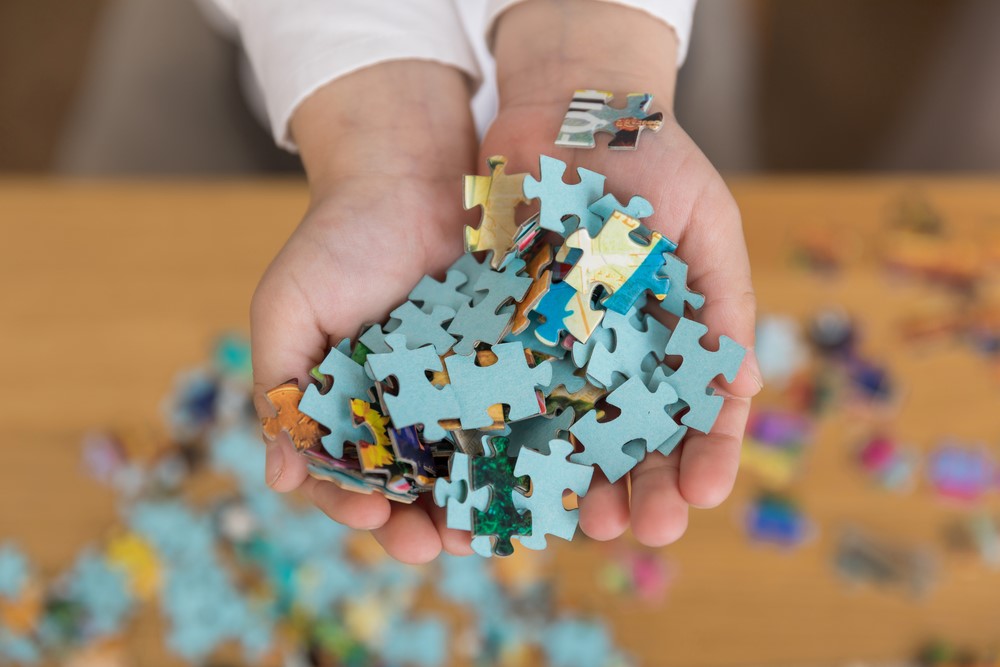
The Top Benefits Of Jigsaw Puzzles For Mental Health: A Comprehensive Guide

The Top Benefits of Jigsaw Puzzles for Mental Health: A Comprehensive Guide
Jigsaw puzzles offer numerous benefits for mental health and cognitive development. They stimulate the mind, promote well-being, and enhance cognitive abilities. Explore the top benefits of jigsaw puzzles for mental health and how they positively impact cognitive abilities and emotional well-being in this comprehensive guide.
Enhances Cognitive Skills
Working on jigsaw puzzles requires mental effort and concentration. It helps develop and enhance cognitive skills such as problem-solving, critical thinking, spatial reasoning, and pattern recognition. Assembling puzzle pieces and fitting them together engage the brain, improving memory, attention to detail, and logical reasoning abilities.
Promotes Relaxation and Mindfulness
Jigsaw puzzles offer a peaceful and calming experience. Engaging in puzzle-solving promotes relaxation, reduces stress, and fosters mindfulness. It allows individuals to focus their attention on the task at hand, immersing themselves in the present moment and providing a break from daily worries and anxieties.
Boosts Mood and Emotional Well-being
Completing a jigsaw puzzle can provide a sense of accomplishment and satisfaction. The process of solving the puzzle stimulates the production of dopamine, a neurotransmitter associated with feelings of pleasure and reward. This boost in mood can help alleviate feelings of sadness, anxiety, and stress, promoting emotional well-being.
Enhances Concentration and Attention Span
Working on a jigsaw puzzle requires sustained focus and concentration. The act of searching for specific pieces, examining their shapes and colors, and figuring out where they fit enhances attention span and concentration abilities. Regular practice with puzzles can help improve overall concentration skills in various areas of life.
Stimulates Brain Connections
Jigsaw puzzles engage both hemispheres of the brain, promoting the development and strengthening of neural connections. They stimulate neuroplasticity, the brain's ability to form new connections and adapt to new challenges. This cognitive stimulation can have long-term benefits for brain health and may help reduce the risk of cognitive decline as we age.
Encourages Social Interaction
Jigsaw puzzles can be a social activity, fostering interaction and collaboration. Working on a puzzle with family, friends, or in a group setting promotes teamwork, communication, and problem-solving skills. It provides an opportunity to bond, share experiences, and create lasting memories.
Conclusion
Jigsaw puzzles offer a wide range of benefits for mental health and cognitive development. Engaging in puzzle-solving enhances cognitive skills, promotes relaxation and mindfulness, boosts mood and emotional well-being, improves concentration and attention span, stimulates brain connections, and encourages social interaction. Incorporating jigsaw puzzles into our routines can be a fun and rewarding way to support our mental health and overall well-being. So, next time you come across a jigsaw puzzle, take a moment to indulge in this enriching activity and experience the positive impact it can have on your mental health.